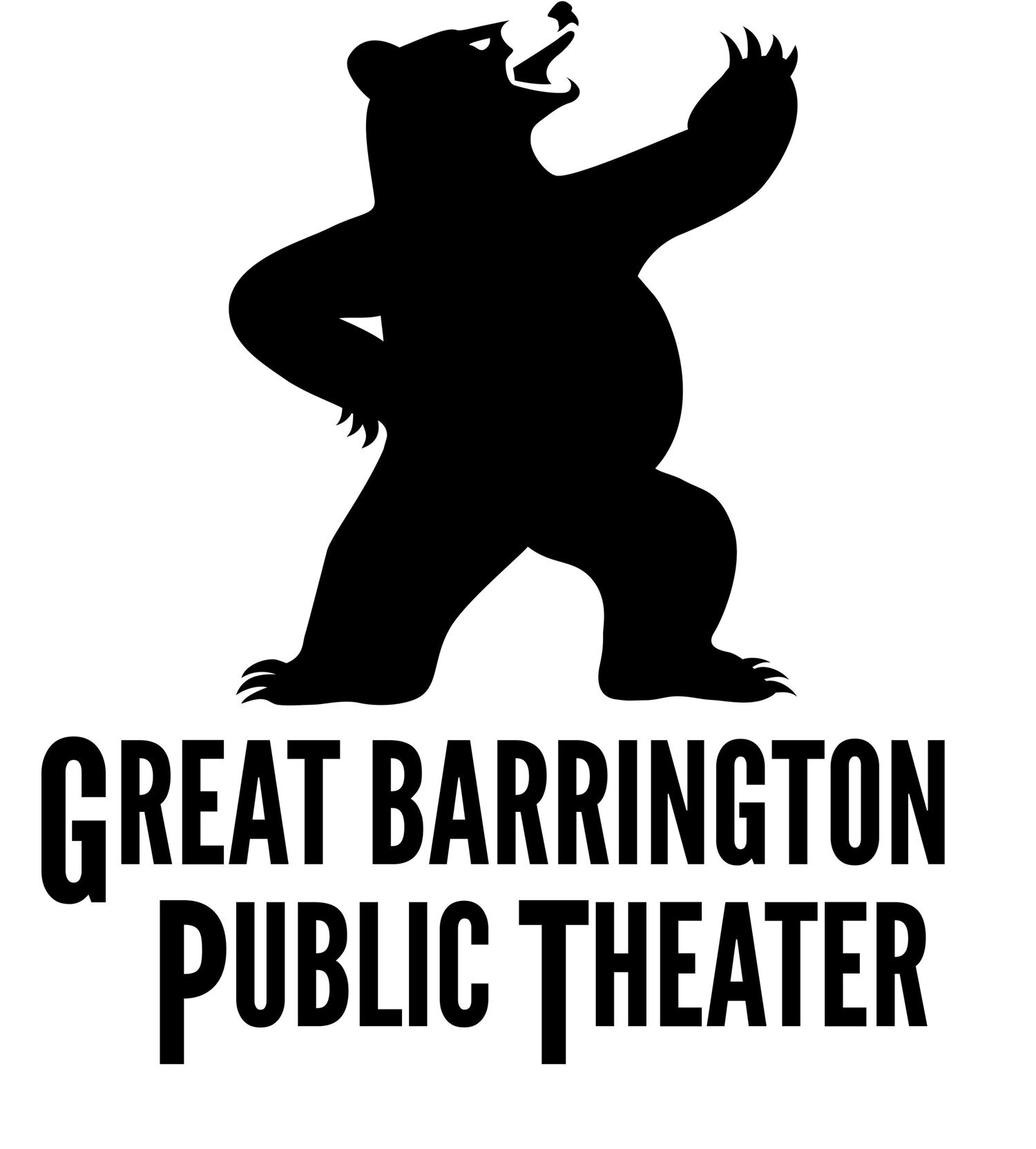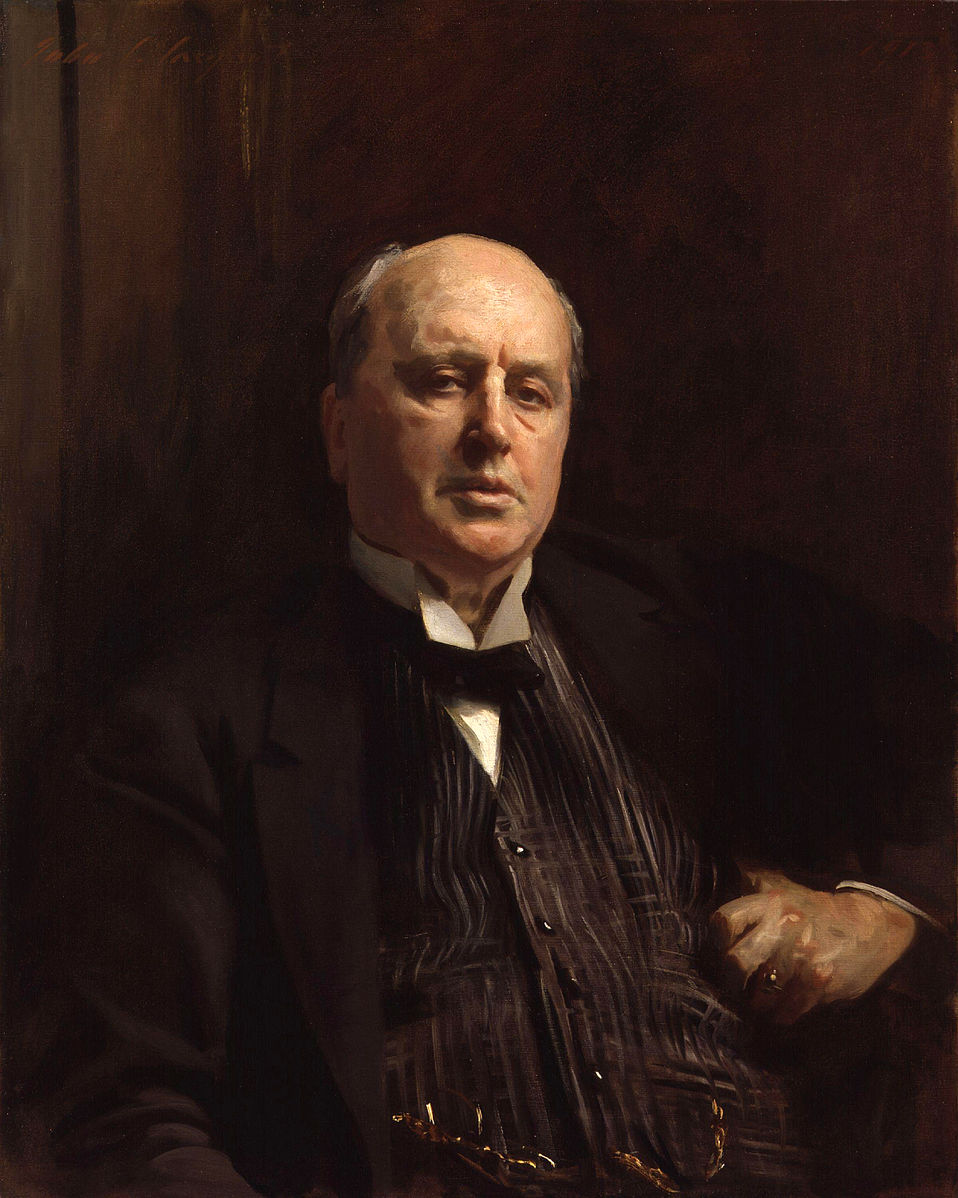Mr. Fullerton, Meet the Cast
Mr. Fullerton casting is set, and rehearsals have begun. Be there when Anne Undeland’s gem opens on July 21.
If you read Wharton, if you’ve ever been in love, or been to Paris, or been in love in Paris, you’ll want to share this play with friends.
Print a flyer and pass the word. Mr. Fullerton is a treat for the heart.
Dana M. Harrison
is heart-besieged Edith Wharton.
Marcus Kearns is the eponymous, dreamy Morton Fullerton.
Glenn Barrett is the worldly
Henry James.
Myka Plunkett is Edith's opinionated lady's maid.
Edith Wharton’s Steamy Love Madness, Onstage
by Alexandra Pool
Anne Undeland’s new play Mr. Fullerton illuminates the universal in Edith Wharton’s real-life love story.
During the COVID-19 pandemic, Berkshires playwright Anne Undeland encountered a collection of Edith Wharton’s love letters. The letters were written from a middle-aged Wharton to her younger lover, Morton Fullerton. As a huge fan of Wharton’s, Anne was struck not only by the beauty of the writing in the letters - “I mean, Wharton couldn’t write a bad sentence,” she says - but by their heat. Wharton, after all, is one of a pantheon of American literary greats that Anne had previously thought of as “crusty, gray intellectuals,” exquisitely skilled at writing on the human condition but reserved to the point of prudishness on personal and sexual matters.
Yet in reading her letters to Mr. Fullerton, Anne found a woman who was “completely flummoxed, and bewildered, and helpless,” in her passion for a man who didn’t quite reciprocate those feelings. Wharton’s love madness and heartbreak struck Anne as a surprisingly universal human experience. As Anne observes, “Who among us hasn’t felt that love madness for someone who didn’t return the feeling?” So Mr. Fullerton, Anne’s latest play that will premiere at Great Barrington Public Theater on July 21, tells the story of Edith Wharton’s romantic and sexual awakening through her affair with Morton Fullerton in a “burst of heat and passion and discovery.”
That heat and passion is something we rarely see from women over 45 onstage, Anne points out. “My modus operandi as a writer,” she says, “is to write great stories for women who are beyond their childbearing years, because society and patriarchy sort of expects us to literally disappear, become invisible, shut up. And so I am on a little bit of a mission to tell the passionate, dangerous, hilarious, painful stories of women who are a little bit older.” In particular, Anne points out that “if a woman over 45 is sexual onstage or in the theater, it’s laughable, or it’s gross. And that’s just not true!”
So naturally, when Anne discovered a passionate affair that began when Edith Wharton was already 46 years old, she was inspired by the story of this woman who was so powerful with wealth, wit, and literary renown, falling love-mad for this younger dandy. As a self-professed “complete history nerd,” Anne found herself imagining not only how their meeting might have played out, but how the social pressures of the time would’ve shaped this relationship—indeed, all of Wharton’s relationships. According to Anne the Gilded Age, or Belle Epoque as it was known in France, “gives you conflict” to build a story around, because in that time period “if you’re a woman of passion and intelligence and drive, society is going to try to do everything it can to make sure that you are none of those things.” So while Mr. Fullerton is a love story, it’s also an exploration of how Wharton is seen by herself and the world around her.
Anne describes the play as a kind of quartet between Edith, her lover (the eponymous Morton Fullerton), her outspoken lady’s maid, Posy, and the author Henry James, a close friend of Edith’s in real life (and whom Anne has imagined in the play as a father figure to Edith). With each of these characters, Edith has a different relationship, and a different kind of love - but no love is less worthy than the others. The play centers on her infatuation with Mr. Fullerton, certainly, but equally important is the relationship between Edith and Posy which explores class and power dynamics, reminds us of the glittering brilliance of Wharton’s work, and, importantly, ensures that “the play passes the Bechdel test,” in Anne’s laughing assurance.
Despite the real-life historical figures and social milieu on which Anne has drawn for this play, the action itself is mostly of her own imagining: “If you want a lecture,” she says, “don’t come to this play!” The play pulls poignant snippets from Wharton’s letters to Morton Fullerton, which still exist to this day, but contextualizes them with imagined scenes, all set in Paris, which Anne describes as “not historically accurate,” but “a little escapist, a little bit of fantasy.” The play retains the heat that originally drew Anne to the letters, though, and as she is proud to say, “It’s really sexy!”
Love madness like Edith Wharton’s is timeless, the playwright says, in the sense that Shakespeare wrote about it, and we still see it on TV today, but there’s a timeliness to creating this play about love madness and human connections this summer as we’re all emerging from a year of isolation-induced loneliness. “Especially as we’ve all been alone,” Anne says, “who doesn’t love a love story?”
This particular love story opens July 21st in the Liebowitz Black Box theater in the Simon’s Rock Daniel Arts Center, running through August 1. Tickets are available at the Great Barrington Public Theater website, greatbarringtonpublictheater.org; in keeping with the Public’s mission to provide new works with local talent at affordable prices, ticket prices range from $20-40.














